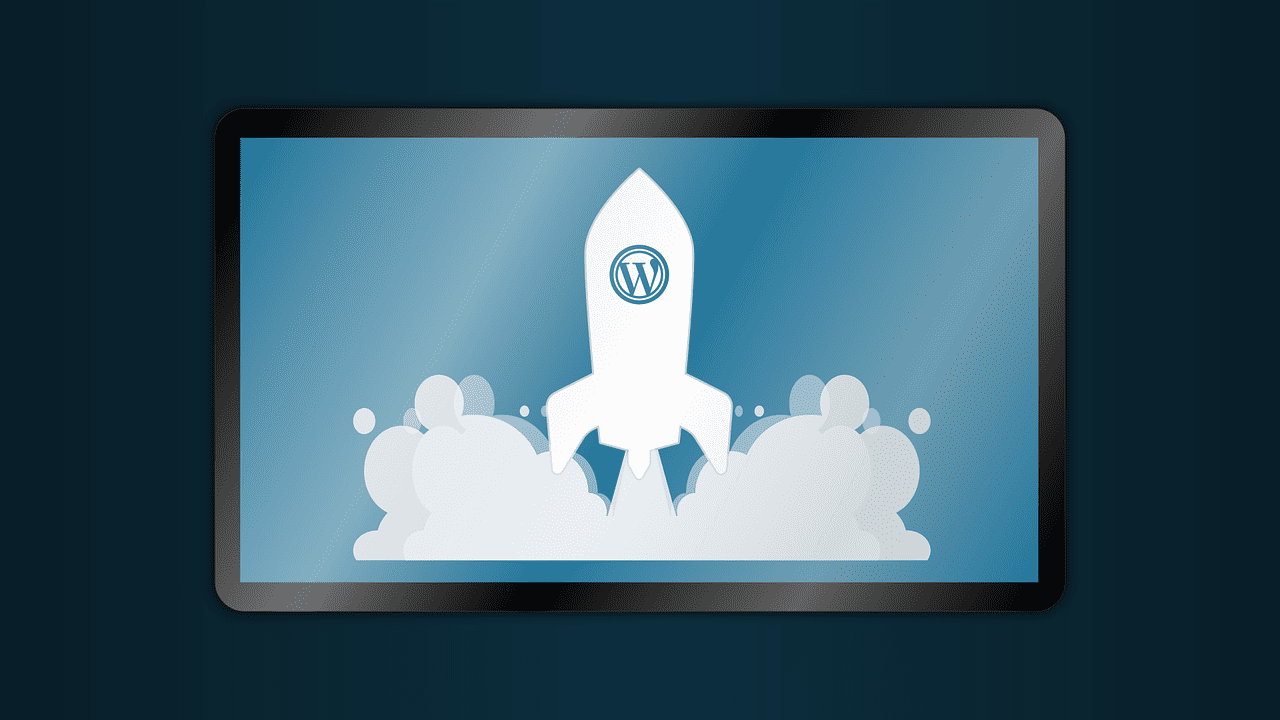One of the main reasons for the popularity of WordPress is the vast ecosystem of plugins available. There is a wide range of both free and premium plugins, covering virtually every aspect of website development and management. There were over 58,000 free plugins in the official WordPress plugin directory alone. Additionally, numerous third-party marketplaces and developers are offering premium plugins with advanced features and dedicated support. So, you may be wondering do WordPress plugins affect website speed?

The Importance of Website Speed
Website speed is critical in user experience and search engine optimization (SEO). In today’s fast-paced digital world, where attention spans are short, and competition is fierce, a slow-loading website can harm various aspects of online performance.
User Experience:
Bounce Rates
Website speed heavily influences bounce rates, which refer to the percentage of users who leave a website shortly after arriving without interacting with any other pages. Slow-loading websites frustrate users, leading them to abandon the site and seek alternatives. High bounce rates indicate poor user experience and can negatively impact a website’s overall performance.
Conversion Rates
Slow websites can significantly impact conversion rates, which measure the percentage of website visitors who take a desired action (such as making a purchase, filling out a form, or subscribing to a newsletter). Users are more likely to convert with a smooth and efficient browsing experience. A delay of just a few seconds can lead to frustration and abandonment, resulting in lower conversion rates.
User Satisfaction
Speed directly affects user satisfaction. When users have to wait for a website to load, it diminishes their experience and perception of the brand. Fast-loading websites create a positive impression, instill trust, and enhance user satisfaction, leading to increased engagement, repeat visits, and positive word-of-mouth recommendations.
Search Engine Optimization (SEO)
Ranking Factors
Search engines, like Google, consider website speed as a ranking factor in their algorithms. Faster websites are more likely to rank higher in search engine results pages (SERPs). Search engines prioritize delivering a great user experience, and fast-loading websites align with this objective. Improved rankings can drive more organic traffic and visibility to a website.
Crawlability
Search engine bots regularly crawl websites to index their content. Slow-loading websites may hinder crawling, leading to incomplete or delayed indexing. This can impact a website’s visibility in search results and hinder its chances of being discovered by potential users.
Mobile Experience
With the rise of mobile internet usage, website speed is even more critical. Mobile users expect fast-loading websites, as they often have limited bandwidth and slower internet connections. Search engines prioritize mobile-friendly and fast-loading websites, ensuring a seamless experience for mobile users.

How WordPress Plugins Can Affect Website Speed
While plugins can add functionality and enhance a website’s performance, they can also affect website speed if not used correctly. Here are some ways WordPress plugins can impact website speed:
1. Plugin Quantity: The more plugins a website has, the more server resources it requires to load them. This can slow down website speed, especially if multiple plugins are activated simultaneously.
2. Plugin Quality: Poorly coded plugins can cause website speed issues, such as slow loading times or conflicts with other plugins. Choosing reputable and well-maintained plugins is essential to minimize any potential negative impact on website speed.
3. Plugin Functionality: Some plugins are resource-intensive and require significant server resources. For example, image compression plugins can slow down website speed if they compress large images or use too much server memory.
4. Plugin Updates: Outdated plugins can cause compatibility issues and security vulnerabilities, potentially leading to website performance issues. Regularly updating plugins to their latest versions can help prevent this.
5. Plugin Configuration: Some plugins, such as caching plugins, require specific server configurations to work correctly. Incorrectly configuring these plugins can lead to website speed issues.
To ensure optimal website performance, it’s important to choose high-quality plugins that are necessary for your website’s functionality and regularly update them. Additionally, it’s crucial to minimize plugin bloat by only using essential plugins and deactivating or removing any unnecessary ones.
Tools and Resources for Analyzing Website Speed
Several tools and resources are available to analyze website speed and identify areas for improvement. Here are some popular options:
1. Google PageSpeed Insights: This free tool from Google analyzes website speed and provides suggestions for improving performance on both desktop and mobile devices.
2. GTmetrix: This tool provides a detailed website speed analysis, including page load time, page size, and the number of requests made to load the page. It also provides suggestions for improving performance.
3. Pingdom: This tool comprehensively analyzes website speed, including page load time and performance grade. It also identifies performance issues and provides recommendations for improvement.
4. WebPageTest: This tool provides a detailed website speed analysis, including waterfall charts showing the loading time for each element on the page. It also offers suggestions for improving performance.
5. YSlow: This tool analyzes website speed and provides a grade based on best practices for website performance. It also offers suggestions for improving performance.
Using these tools and resources, website owners can identify areas for improvement and optimize their site’s speed and performance.

Do WordPress Plugins Affect Website Speed?
WordPress plugins can have an impact on website speed, but the extent of that impact varies depending on several factors. While plugins can enhance the functionality and customization options of a WordPress website, they can also introduce additional code and scripts that need to be processed, which can slow down the site’s performance.
Ultimately, it’s crucial to strike a balance between the desired functionality and the performance impact of plugins. By being selective, keeping plugins updated, and optimizing your website, you can minimize the impact on website speed and provide an optimal user experience for your visitors.

